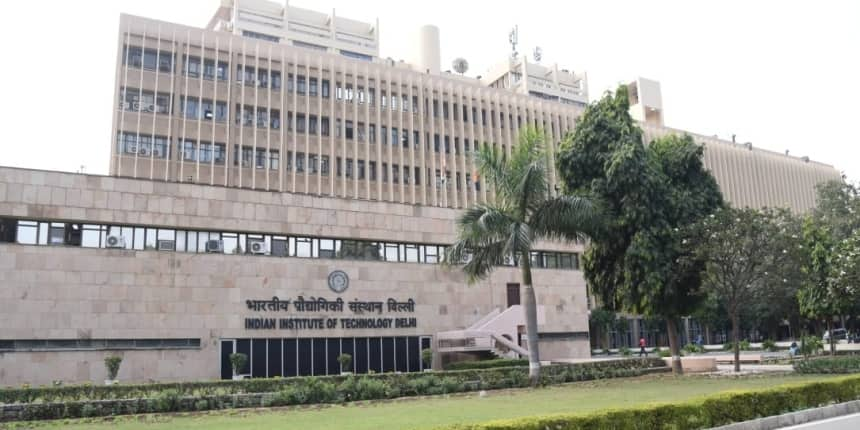21 central institutions don’t have ST/SC student cells: Education ministry
Sheena Sachdeva | March 23, 2023 | 11:45 AM IST | 2 mins read
However, after the death of IIT Bombay’s Darshan Solanki, students and activists have also questioned the role and impact of such cells.

NEW DELHI: Out of 107 central institutions of higher education, 87 institutes have Scheduled Caste (SC)/Scheduled Tribe (ST) student cells, the education ministry informed Lok Sabha on Monday. It also said that the remaining 21 institutions have “set up mechanisms such as equal opportunity cell, student grievance cell, student grievance committee, student social club, liaison officers, liaison committee etc.” to address the issues of students from the historically-marginalised SC, ST communities.
However, despite the existence of these cells, 61 students suicides have been reported from across central higher education institutes, including 33 from Indian Institutes of Technology (IIT), 24 from National Institutes of Technology (NIT) and four from Indian Institutes of Management (IIM), the ministry had earlier said in a written response. IIT Delhi has recently announced they were setting up such a cell on the campus.
The question was asked by MP S Venkatesan from Tamil Nadu. He is affiliated with Communist Party of India (CPI-M).
Darshan Solanki suicide
In a written reply, the ministry also said that IIT Bombay has provided all necessary support to the family of Darshan Solanki, the 18 year-old who died by suicide following alledged caste-based discrimination in February. It further said: “IIT Bombay has done an internal investigation through its ex-chief vigilance officer and the institute is further strengthening its existing mechanism for prevention and early detection of psychological stress. IIT Bombay is also cooperating with the special investigation team (SIT) formed by the Maharashtra Government in their investigation.”
However, the student collective Ambedkar, Periyar, Phule Study Circle (APPSC) IIT Bombay and other activists have alleged that the committee report dismissed the “circumstantial evidence” that was presented to them by the Solanki’s close ally and sister; and further blamed Solanki’s “poor academic performance” as the reason for committing suicide.
Recently, another BTech student at IIT Madras died by suicide. Even there the students have alleged that the institute has been “evasive” in its communications with students about the death. The student group ChintaBar has demanded a comprehensive mental health study by different stakeholders including psychiatrists, sociologists, and educationists to suggest reforms and strengthen the grievance redress system. Meanwhile, the education minister has also called for a new framework to address mental health issues, discrimination in universities.
Follow us for the latest education news on colleges and universities, admission, courses, exams, research, education policies, study abroad and more..
To get in touch, write to us at news@careers360.com.